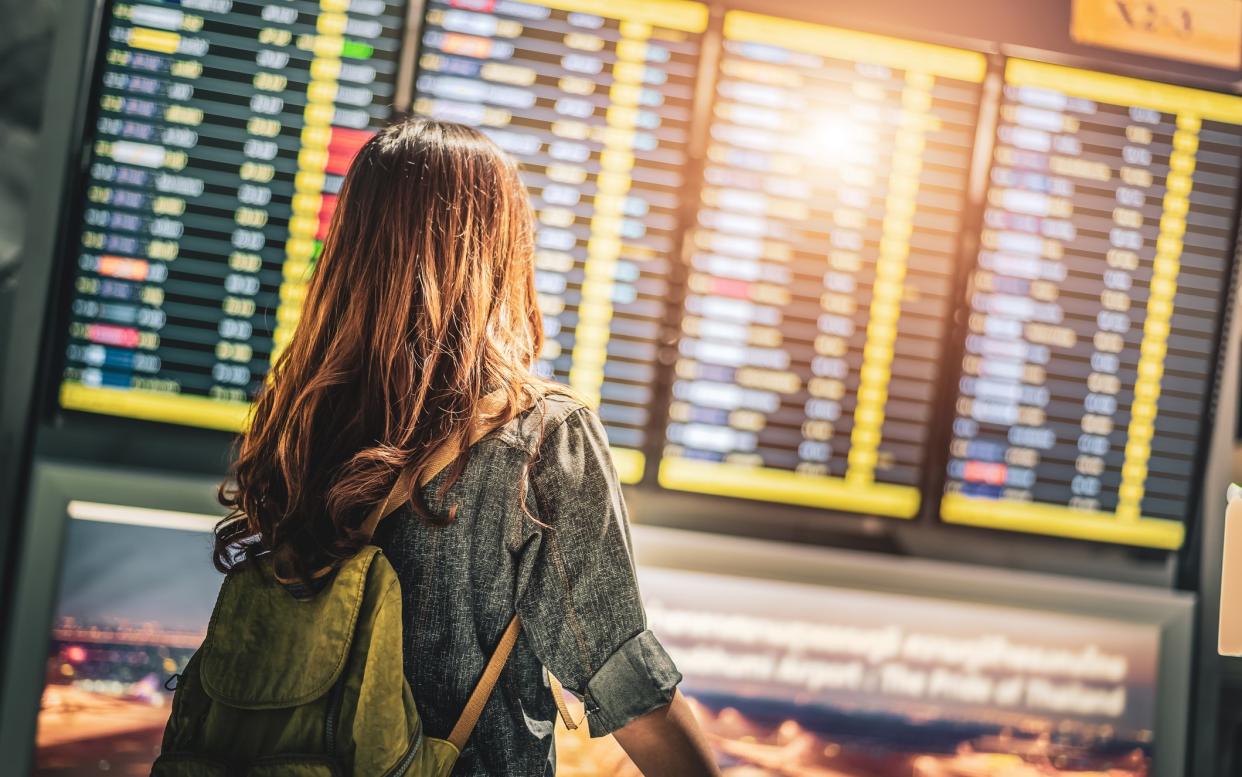‘Wear and tear’ is no reason for airlines not to pay flight delay compensation

Christopher Prince writes
In December 2016 I was disembarked from an Iberia flight from Buenos Aires to Madrid (and onwards to London) due to a technical issue – a faulty fuelling computer.
I flew home 24 hours later and put in a claim for delay compensation of €600 (£512) under EU law. Iberia eventually told me no compensation was due because the cancellation was due to “extraordinary circumstances”.
I turned to AESA, Spain’s state aviation regulatory body, which ruled on my claim in July 2017, saying: “the airline has not proved the concurrence of extraordinary circumstances... and [we consider] the airline should pay you a compensation of €600”.
AESA told me it had asked Iberia to pay up several times, but no payment has been received – and it turns out AESA has no powers of enforcement.
I decided to enlist the help of a firm of aviation compensation lawyers, which had no success with Iberia either. It has told me it cannot take Iberia to court because it has no registered business address in the UK.
Am I at the end of the road? I hate to see Iberia getting away with this.
Gill Charlton, consumer correspondent, replies
This is not the first time that a reader has alerted me to Iberia’s refusal to accept the decisions of AESA. I asked the company why it was ignoring the ruling. “EU law regarding technical failures being incidents of force majeure has been interpreted in different ways by different courts,” said an Iberia spokesman. “We consider the reason for Mr Prince’s flight delay to be due to extraordinary circumstances and that is why no compensation has been paid”.
When I asked Iberia which EU court case it was using to justify its refusal to pay for technical delays, the airline said it had no further comment to make. Unlike most of its competitors, it has also refused to appoint an Alternative Dispute Resolution firm to mediate disputes like this.
In 2015, a landmark ruling in the European Court said only hidden manufacturing defects could be regarded as “extraordinary”. Technical issues due to wear and tear were not considered valid reasons for airlines to avoid paying delay compensation.
I asked the legal firm Bott & Co for advice. Its spokesman said Iberia does have a business address in the UK, meaning you can either issue court proceedings yourself using the Small Claims procedure or ask Bott & Co (bottonline.co.uk) to take up your case on a no-win-no-fee basis.
One of its solicitors said that, even if the technical fault was extraordinary (which Iberia has not yet proved), the airline must still show it took all reasonable measures to avoid the disruption, such as re-routing passengers. Bott & Co believes it has a good chance of winning your case.
Ask the experts
If you have had a problem with your holiday or travel arrangements, contact our trouble-shooter Gill Charlton, or our consumer expert Nick Trend at the email address below.
We also have more than 150 destination experts all over the world who can help with suggestions for great places to stay, to eat and to visit.
Please email all questions to asktheexperts@telegraph.co.uk, giving your full name and, if your query is about a dispute with a travel company, your address, telephone number and any booking reference. We regret that we cannot personally answer all the queries we receive, but your email will be acknowledged.

